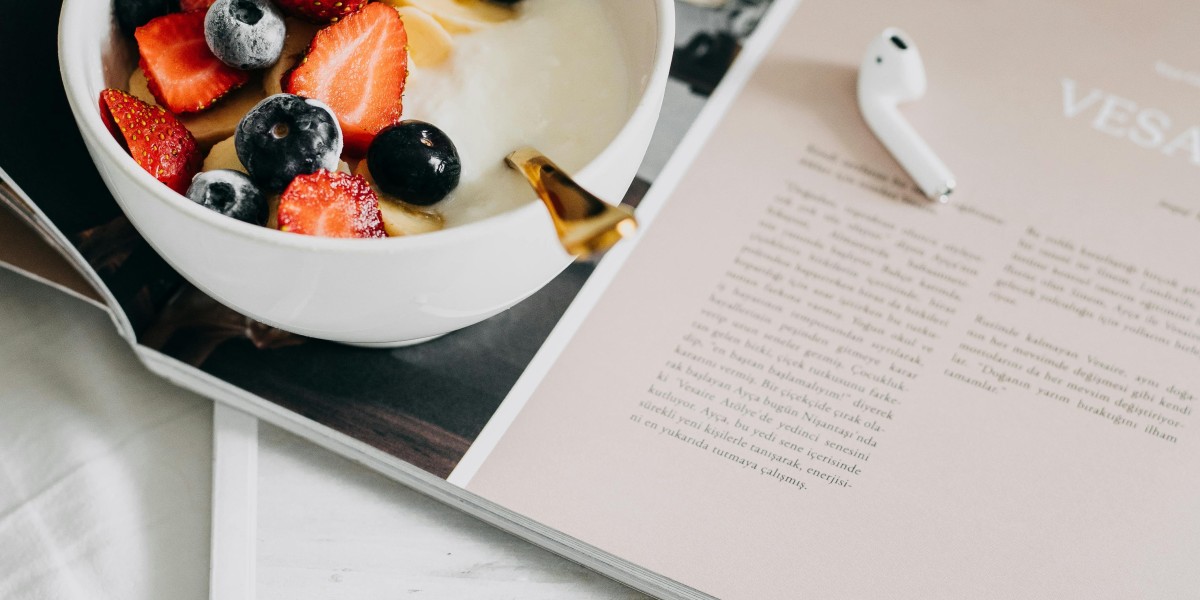Many people wonder if they can manage colitis symptoms with food alone. It seems simple: eat better, feel better. But is it really that straightforward? Ulcerative colitis is a chronic condition, and while diet plays a big role, experts agree that food alone may not be the full answer. If you're looking for natural ways to support your body and wondering when to go beyond diet changes, this blog will break it all down. We’ll explore what helps, what doesn’t, and why experts recommend more than just dietary changes. And yes, we’ll touch on how to join an ulcerative colitis clinical study for more advanced support.
What Is Colitis, and Why Does It Flare Up?
Colitis refers to inflammation in the colon, and in ulcerative colitis, it often comes with recurring flares. These flares bring symptoms like cramping, diarrhea, urgency, and fatigue. Many people ask why these flares seem to come out of nowhere. The truth is, a mix of immune response, gut bacteria imbalance, stress, and even genetics may contribute. While no one factor causes colitis, lifestyle and food choices often influence the intensity and frequency of flares.
Moreover, the symptoms can vary a lot from one person to another. That’s what makes managing colitis tricky. What works for one might not help another.
Can Diet Really Help Control Colitis Symptoms?
This is a big question. Can food choices keep colitis in check? Experts say yes, to a point. Diet can ease discomfort and reduce triggers during a flare-up. It can also help maintain energy and support healing. However, no diet has been proven to cure ulcerative colitis.
Furthermore, doctors and nutritionists suggest using diet as one part of a broader treatment plan. While some people see major improvements by adjusting food habits, others may still need medication or other therapies. So, while food helps, it’s rarely the only solution.
What Foods Commonly Trigger Colitis Symptoms?
Certain foods tend to make symptoms worse. While every person is different, here are some commonly reported triggers:
Dairy products (especially during flares)
Fatty or fried foods
Caffeinated drinks
Alcohol
High-fiber foods like raw vegetables or whole grains during flares
Spicy or highly seasoned dishes
On the other hand, not all triggers affect everyone the same way. One person may have issues with dairy, while another tolerates it just fine. That’s why it helps to track your meals and symptoms.
What Foods Might Actually Help with Colitis?
In addition to avoiding certain foods, focusing on gentle, healing options can support gut health. Soft-cooked vegetables like carrots or zucchini are easier to digest. Plain white rice, peeled fruits, and lean proteins such as turkey or chicken may also work well.
Moreover, hydration plays a big role. When diarrhea occurs, your body loses fluids fast. Drinking water or rehydration drinks throughout the day can help keep your energy up.
It’s also smart to avoid processed foods, additives, and excessive sugar. These may disrupt the gut and worsen inflammation.
Do Any Specific Diet Plans Work for Colitis?
Several diets are often discussed in colitis circles. However, no one-size-fits-all diet exists. Some of the more common plans include:
Low-FODMAP diet: Reduces fermentable carbs that can irritate the gut.
Specific Carbohydrate Diet (SCD): Focuses on simple, easy-to-digest foods.
Mediterranean diet: Emphasizes whole foods, healthy fats, and lean proteins.
In addition, some people work with dietitians to create a custom plan based on personal triggers and nutritional needs. While these diets offer a place to start, they often require adjustments based on symptoms.
How Can You Tell If a Diet Is Helping or Hurting?
One of the best things you can do is track what you eat and how you feel afterward. Keep a daily journal noting your meals, symptoms, and energy levels. Over time, you may notice patterns that help you avoid triggers.
Additionally, it’s important to introduce changes gradually. Removing or adding too many things at once can confuse your body. If symptoms worsen after trying a new food, take note and speak to your doctor.
Well, here’s the thing: sometimes even a clean diet won’t stop a flare. When that happens, it’s not your fault. It just means you may need more than food to manage the condition.
Why a Holistic Approach Works Better Than Diet Alone?
Experts often suggest that managing colitis requires a full-body strategy. This may include:
Prescription medications
Stress management techniques like meditation
Regular exercise (as tolerated)
Sleep support
Moreover, mental health plays a key role. High stress and poor sleep can affect your gut. That’s why support from counselors or support groups may help just as much as dietary changes.
So, while eating better is a great start, it works best when paired with other forms of care.
When Should You Seek Professional Help or Try a Clinical Study?
If you’ve cleaned up your diet but still struggle with flares, fatigue, or weight loss, it’s time to check in with your doctor. Persistent symptoms could mean your body needs medical treatment beyond food.
Furthermore, you might want to consider joining a clinical study. These programs explore new treatments and offer expert monitoring. Some also give access to therapies not yet widely available. If you're curious about this path, ask your doctor or search online for open studies in your area.
Conclusion
To sum up, diet alone can definitely play a role in managing colitis, but it isn’t a complete solution for everyone. Food can reduce symptoms, prevent flares, and support energy. But on its own, diet may not control the condition fully. It works best when paired with medical support, stress reduction, and careful monitoring. If you're looking for more ways to manage your symptoms, keep an open mind and ask questions. There are more options than ever before, including paid research studies for chronic illness that could provide new insights and care options. Ready to take the next step? Talk to a health provider and explore what else could work for you.






